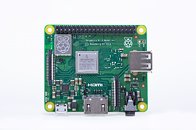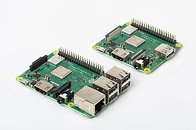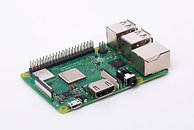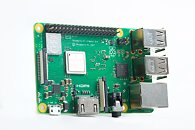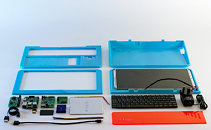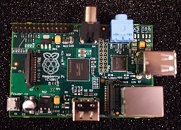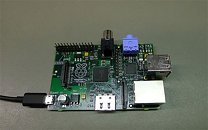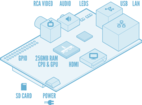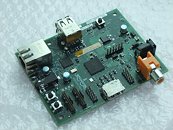The New Raspberry Pi 3 Model A+ is Here: Smaller, Cheaper, But With Compromises
The original Raspberry Pi showed the world that we could have (almost) a computer for $35. This little prodigy has surprised us over and over again, and their developers have now announced the Raspberry Pi 3 Model A+, which according to them "is about closing things out in style" on the current generation of this miniPC. The new version has shrunk down the previous Model B+ both in size and in price: it is now available for just $25. To accomplish that we'll have to live with certain comprises.
The new model keeps the same CPU, but halves the memory to 512 MB of LPDDR2 SDRAM, the four USB 2.0 ports are reduced to one, and there is no Ehernet port available. The rest of its connectivity options are still there, including the 802.11 ac WiFi or the Bluetooth 4.2 LE support. The new model sits therefore between the even more compact Raspberry Pi Zero W and the Raspberry Pi 3 Model B+ announced in March 2018. As Eben Upton explained on the official announcement, the next Raspberry Pi will be quite different from the current generation: "whatever we do next will of necessity be less of an evolution, because it will need new core silicon, on a new process node, with new memory technology". Until that future model arrives, though, the new and compact version of the Raspberry Pi could be an interesting option for many users.
The new model keeps the same CPU, but halves the memory to 512 MB of LPDDR2 SDRAM, the four USB 2.0 ports are reduced to one, and there is no Ehernet port available. The rest of its connectivity options are still there, including the 802.11 ac WiFi or the Bluetooth 4.2 LE support. The new model sits therefore between the even more compact Raspberry Pi Zero W and the Raspberry Pi 3 Model B+ announced in March 2018. As Eben Upton explained on the official announcement, the next Raspberry Pi will be quite different from the current generation: "whatever we do next will of necessity be less of an evolution, because it will need new core silicon, on a new process node, with new memory technology". Until that future model arrives, though, the new and compact version of the Raspberry Pi could be an interesting option for many users.
